TEHRAN(Bazaar) - Professor Arshin Adib-Moghaddam, Chair of the Center for Iranian Studies at the London Middle East Institute believes that the effort to contain Iran will continue to drive US foreign policy.
In an exclusive interview with Bazaar, Professor in Global Thought and Comparative Philosophies and Chair of the Center for Iranian Studies at the London Middle East Institute, also adds that I am in no doubt that Biden will drive a hard bargain with Iran.
Here is the full text of the interview:
Bazaar: Some believe that given Biden's cabinet, which makes up many of the Obama-era nuclear negotiating team with Iran, we will see sweeping changes in US relations with Iran. What is your assessment?
Adib-Moghaddam: There will be changes, but they won’t be sweeping. The Iran case will be used as a Trojan Horse to reactivate the Transatlantic alliance and Europe will be receptive to that. Trump tried to get what he wanted through brute force, Biden will me more cogent. But the effort to contain Iran will continue to drive US foreign policy. There is better knowledge of the country with this administration, but the real question is to what purpose will this knowledge and previous exposure be used? The only major breakthrough can come from Iran. A fresh President, reform-minded who will speak the language of diplomacy and reconciliation – That would be a game changer as it would make it rather more impossible for Iran to be represented as an eternally repressive country which needs to be subdued because it doesn’t even respect the rights of its own citizens.
Bazaar: According to some news, the lifting of sanctions on Iran's oil was supposed to be in Biden's initial executive order, and this issue has been removed from the agenda. This news was announced by Bloomberg. What do you think is the reason for this?
Adib-Moghaddam: I am in no doubt that Biden will drive a hard bargain. First, he will be pressured by the lobbies; second he wants to be seen as “tough” as this is an image that goes down well in a country such as the United States, especially after Trump; and third he is as worried about Iranian power and its Chinese and Russian dimensions as everyone else in the political mainstream of the United States. If he lifts the sanctions as a good-will gesture then this would be channelled through the European channel on their behest. Europe plays a crucial role in all of this, and it may well be that Biden will soften in order to re-establish trust with Europe, and not so much because of a strategic decision to establish better relations with Iran, at least at the moment until Iran elects the next President.
Bazaar: Antony Blinken (President Joe Biden nominee for the position of Secretary of State) said in a Senate confirmation session before the inauguration that the president-elect (Biden) believes that if Iran returns to the agreement, we will return to the agreement, but on this issue, along with our allies. Once again, we will use them as a platform to reach a longer and stronger agreement and address other issues, especially the missile issue and Iran's destabilizing activities. How do you think the JCPOA relates to Iran's missile issues and regional policy?
Adib-Moghaddam: This speaks to the Europe factor that I mentioned above. Multilateral diplomacy is a double-edged sword in an international system that is fraudulent and that Iran never really manoeuvred well enough. Under the mantle of diplomacy and sanctions relief, the Biden administration might persuade the Europeans that the JCPOA has to be linked to the missile question in one way or another. And as a nod to this new “multilateralism “ Europe may be receptive to such suggestions which would put additional pressure on Iran.
Bazaar: What will be Biden's approach to the Persian Gulf region, and especially to Saudi Arabia? To what extent will US relations with Saudi and Israel be affected by US-Iranian relations?
Adib-Moghaddam: Biden will be less transactional then Trump. Trump’s approach to international relations was essentially corrupt, i.e. his yardstick for pretty much everything was money. For him Saudi Arabia was a convenient place to organise much needed cash; rich Arabs that would pay for everything as they are dependent on the United States for their regime survival. This is what Trump said repeatedly, even in public. Undoubtedly, Biden’s vision has more depth and value, which will translate into a rather more balanced relationship to Saudi Arabia, Israel and the region more generally with some token gestures here and there to keep that appearance up. The Iran file will be less geared to the other strategic settings. So the Biden administration will carve out some autonomy in that regard to retain a wider diplomatic manoeuvring space. The real question is what this space will be used for. If Iranians vote a fresh and pro-active President into office – if the will of the people is not impeded, then Iran will have the momentum in any diplomatic negotiation. At that stage, the view from Israel and Saudi Arabia wouldn’t really matter anymore. Conceptually, this is the difference between relative independence which the revolution of 1979 afforded at a heavy price, and manifest independence which Iran has not achieved yet. I discuss this difference in my forthcoming book “What is Iran?”

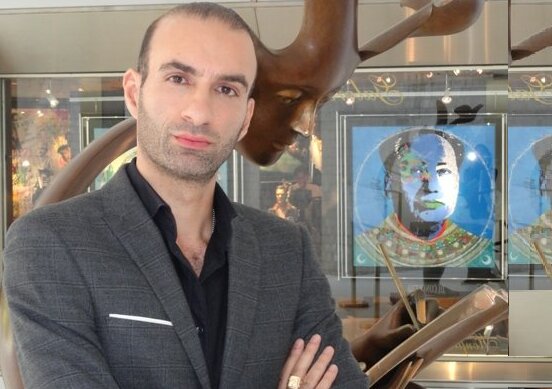




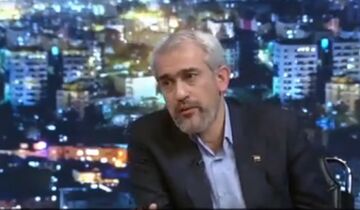

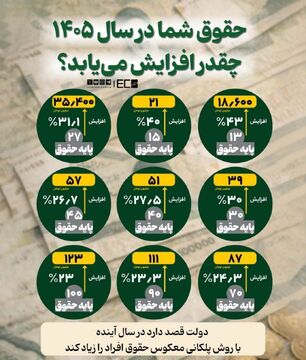

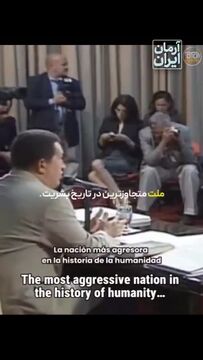


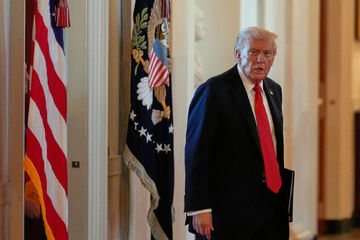


نظر شما